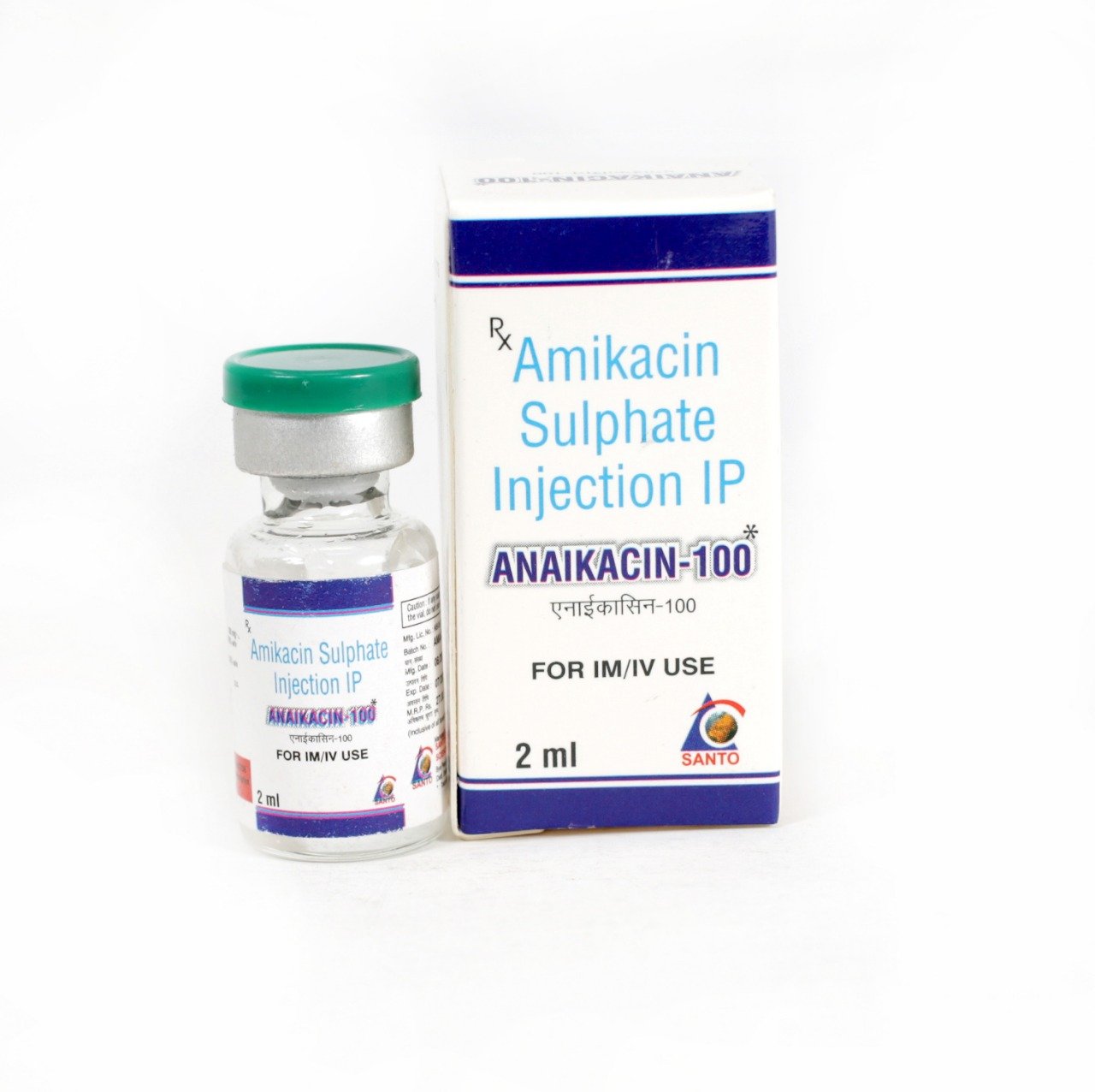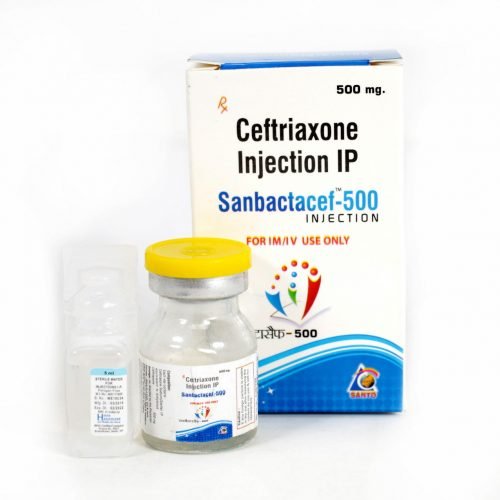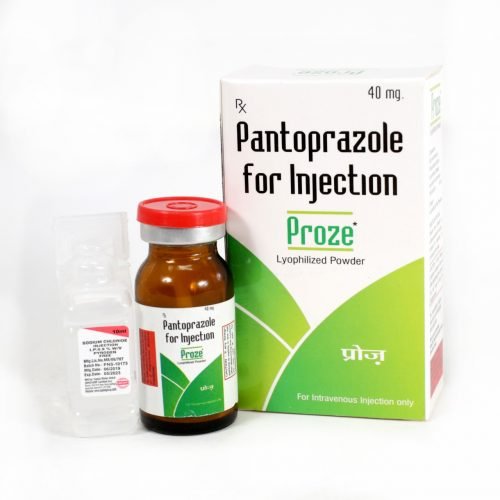- 01792-220191, 09839141955, 06390845955
- SCO No. 2 & 3, Block-B;Office No.-249A; 2nd Floor, Motia Plaza Baddi-173205; Distt. Solan (H.P.)
- Home
- Injections
- ANAIKACIN-100
ANAIKACIN-100
| Brad Name | Anaikacin-100 |
| Composition | Amikacin Sulphate eqv to Amikacin 100 mg / 2ml Injections |
Amikacin Sulphate eqv to Amikacin 100 mg / 2ml Injection
Amikacin is an antibiotic that fights bacteria. Amikacin is used to treat severe or serious bacterial infections. Amikacin may also be used for purposes not listed in this medication guide. Amikacin can harm your kidneys, and may also cause nerve damage or hearing loss, especially if you have kidney disease or use certain other medicines. Tell your doctor about all your medical conditions and all the medicines you are using. If you need surgery, tell the surgeon ahead of time that you are using amikacin.
Dosage
Usual Adult Dose for:
- Urinary Tract Infection
- Meningitis
- Peritonitis
- Bacterial Infection
- Tuberculosis – Active
- Mycobacterium avium-intracellulare – Treatment
Usual Geriatric Dose for:
- Bacteremia
- Intraabdominal Infection
- Joint Infection
- Osteomyelitis
- Pneumonia
- Skin or Soft Tissue Infection
- Tuberculosis – Active
Usual Pediatric Dose for:
- Skin or Soft Tissue Infection
- Meningitis
- Peritonitis
- Urinary Tract Infection
- Bacterial Infection
- Mycobacterium avium-intracellulare – Treatment
- Tuberculosis – Active
Additional dosage information:
- Renal Dose Adjustments
- Liver Dose Adjustments
- Dose Adjustments
- Precautions
- Dialysis
- Other Comments
Precautions
- Before using amikacin, tell your doctor or pharmacist if you are allergic to it; or to other aminoglycoside antibiotics (such as gentamicin, tobramycin); or if you have any other allergies. This product may contain inactive ingredients (such as sulfites), which can cause allergic reactions or other problems. Talk to your pharmacist for more details.
- Before using this medication, tell your doctor or pharmacist your medical history, especially of: cystic fibrosis, hearing problems (including deafness, decreased hearing), kidney problems, low blood minerals (including potassium, magnesium, calcium), myasthenia gravis, Parkinson’s disease.
- Amikacin may cause live bacterial vaccines (such as typhoid vaccine) to not work as well. Do not have any immunizations/vaccinations while using this medication unless your doctor tells you to.
Side effects
Nausea, vomiting, stomach upset, or loss of appetite may occur. Pain/irritation/redness at the injection site may rarely occur. If any of these effects persist or worsen, tell your doctor or pharmacist promptly.
Remember that your doctor has prescribed this medication because he or she has judged that the benefit to you is greater than the risk of side effects. Many people using this medication do not have serious side effects.
Tell your doctor right away if you have any serious side effects, including: numbness/tingling, muscle twitching or weakness, seizure.
Drug interaction
- Drug interactions may change how your medications work or increase your risk for serious side effects. This document does not contain all possible drug interactions. Keep a list of all the products you use (including prescription/nonprescription drugs and herbal products) and share it with your doctor and pharmacist. Do not start, stop, or change the dosage of any medicines without your doctor’s approval.
- Other medications that may affect the kidneys or hearing may increase the risk of kidney damage or hearing loss if taken with amikacin. Some examples include: amphotericin B, cidofovir, cisplatin, polymyxin B, tobramycin, cephalosporins such as cephaloridine, nonsteroidal anti-inflammatory drugs (NSAIDs) such as ibuprofen, among others.
- Although most antibiotics are unlikely to affect hormonal birth control such as pills, patch, or ring, a few antibiotics (such as rifampin, rifabutin) can decrease their effectiveness. This could result in pregnancy. If you use hormonal birth control, ask your doctor or pharmacist for more details.








